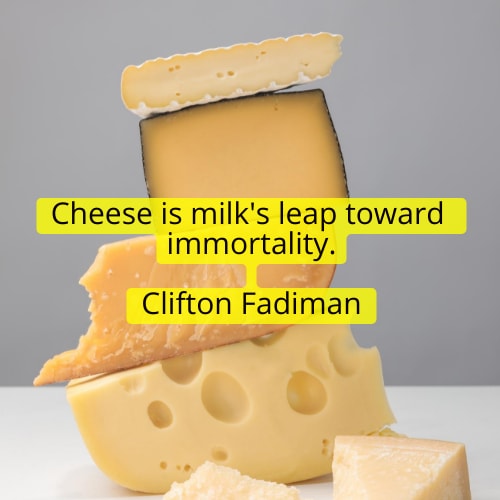Parmesan Is the Most Controversial Cheese. Here’s Why
Ask about Parmesan cheese and you’ll likely get a range of answers depending on who you ask and where you are when you ask them. That salty packet of Parmesan powder that accompanies your favorite meal kit or holds court on the counter of your local pizza parlor may taste good, but it barely resembles the cheese as imagined by its Italian originators. Turophiles, chefs, cheesemongers and industry folk refer to real Italian Parmesan as “Parmigiano Reggiano.” Anything else made and marketed simply as “Parmesan” cheese in the US is typically of a lower standard and is often scoffed and snickered at.
But even real Parmigiano Reggiano isn’t always what it seems. Fraudulent sales of the stuff became so excessive that it forced the 900-year-old industry to strike back with a surprisingly modern solution.
There’s a lot to sort out when it comes to Parmesan and the many iterations of this highly regarded hard cheese. Here’s everything you need to know about American Parmesan vs. Parmigiano Reggiano and how to ensure you’re getting the good stuff — or at least what you paid for.
Read more: A Cheesemonger Reveals: This Is How You Should Actually Store Your Cheese
What’s so special about Parmigiano Reggiano?
In Italy, where this nutty, sharp and salty cheese style originates, the term “Parmesan” is tightly regulated, similar to Champagne in France, and any cheese designated and sold as such must meet high standards for production.
The word Parmesan is broadly the English translation of Parmigiano Reggiano, but in America, that’s about where the similarities end. The particulars surrounding Parmesan production are vastly different than in Italy. In other words, it’s almost completely unregulated, and those $4 blocks of “Parmesan” or (gulp) canisters of Parmesan powder you’re grabbing in the dry goods, cheese or dairy aisle pale in comparison to the real stuff. You might even consider them a different cheese altogether — and many do.
Even though Parmesan can mean cheese…
..


